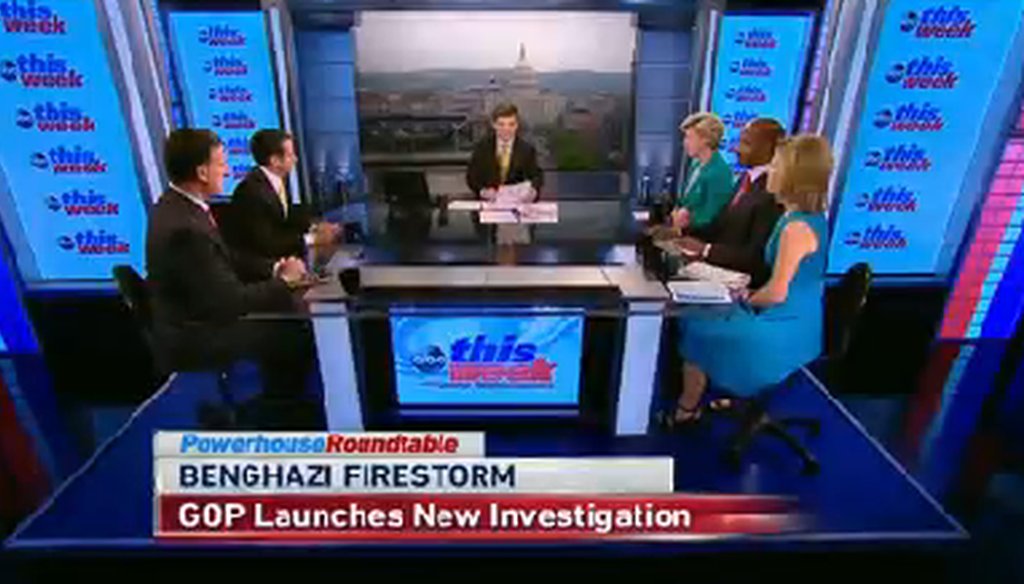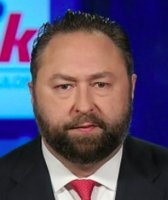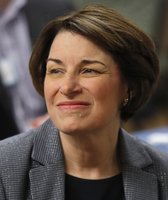Stand up for the facts!
Our only agenda is to publish the truth so you can be an informed participant in democracy.
We need your help.
I would like to contribute

Pundits discussed Susan Rice's Benghazi talking points in the days after the attack on a U.S. consulate in Libya.
You couldn’t accuse the mainstream media on Sunday of ignoring the investigation into the response to the attack on a U.S. diplomatic mission in Benghazi, Libya.
Pundits across the major networks debated the significance of a newly released email suggesting the White House attempted to shape public statements of Susan Rice, then-ambassador to the United Nations, in the days following the September 2012 violence.
In a series of interviews on the Sunday news shows in 2012, Rice stressed that the violence was a reaction to an anti-Muslim Internet video and not part of an organized terrorist assault. The Obama administration acknowledged a terrorist connection a few days later.
"Where did Susan Rice get the idea on the Sunday shows and blame the whole thing on a video?" asked Fox News’ Brit Hume. "There are things still to investigate."
"Is the talking points the scandal? Or is it the fact that four people died in Benghazi and that we didn’t have good intelligence on the ground?" asked NBC’s Chuck Todd.
Amid the questions, much of the debate dwelled on just what Rice said back in 2012.
"In those interviews Rice blamed reaction to a video and ruled out a pre-planned act of terror," Fox News Sunday host Chris Wallace told his viewers.
On This Week, ABC political commentator Cokie Roberts suggested the opposite. "When you read the transcript of those Sunday shows, actually Ms. Rice did say ‘a terrorist attack,’ " Roberts said. "It’s not that she put the whole thing on the video."
Neither claim is totally accurate, but Roberts’ take is further off the mark when you dig into Rice’s appearances.
Rice referred to the video as the source of the conflict in five different Sunday interviews, transcripts show. On Fox and ABC, she said the attacks were not pre-planned but rather were related to the video protest.
She never used the word "terror" or any variation. She mentioned "extremists" on CBS, CNN, NBC and ABC, but again connected them to the protest of the video and implied the uprisings were not planned as an act of terrorism. On CNN, for example, she described the attack as a "horrific incident where some mob was hijacked ultimately by a handful of extremists."
She mentioned al-Qaida only on CBS and cautioned that she wasn’t sure they were involved.
Rice’s appearances were consistent in that she repeatedly said that the federal government was investigating what happened and that "we'll wait to see exactly what the investigation finally confirms." But when asked to offer her assessment of what happened, Rice stressed protests related to the anti-Muslim video and downplayed suggestions that the attacks were planned.
PunditFact rates Roberts’ claim Mostly False.
Benghazi wasn’t the only thing pundits talked about. Shows also focused on the story surrounding Los Angeles Clippers owner Donald Sterling, who was banned for life from the NBA for making racists comments.
This Week guest and NBA legend Kareem Abdul-Jabbar said racism remains part of American culture.
"This is a problem. I did a little bit of research. More whites believe in ghosts than believe in racism," he said. "That’s why we have shows like Ghostbusters and don’t have shows like ‘Racistbusters.’ "
Abdul-Jabbar’s polling claim is flimsy largely because pollsters don’t ask if whites "believe in racism," and the percentage of people who say they believe in ghosts depends on the poll.
According to the 2010 Baylor Religion Survey, a national random sample of U.S. households completed every three years with Gallup, about 56 percent of whites said ghosts either absolutely or probably exist.
That’s a bit higher than other surveys we found.
A Harris Poll of 2,250 people surveyed online in November 2013 found that 42 percent of all Americans, and 42 percent of whites, said they believe in ghosts. A 2011 poll by The Economist/YouGov.com found that 36 percent of white Americans say they generally believe in ghosts.
Measuring whether someone believes in racism is even more difficult, experts told us.
"People are obviously unlikely to tell pollsters they are racists," said Karlyn Bowman, a polling expert at the conservative American Enterprise Institute. "So I don't know how to interpret what he said."
One Gallup poll from 2009 asked this question: "Do you think racism against blacks is or isn’t widespread in the U.S.?" Forty-nine percent of whites said it is widespread, while 48 percent said it was not widespread.
A 2013 poll for the Pew Research Center for the People and the Press found 57 percent of whites said there was some or a lot of discrimination against blacks (88 percent of blacks said they saw a lot of or some discrimination against blacks).
"The problem with the comparison is how do we measure racism? Racism takes a lot of forms. It’s much, much harder to say, ‘do you believe in racism?’ than ‘do you believe in ghosts?’ " said Kevin Dougherty, Baylor University associate sociology professor.
Abdul-Jabbar fails to acknowledge the wide disparity on polls dealing with ghosts, inaccurately describes the polling on racism and makes a shaky comparison between the two.
We rate his claim Mostly False.
Staff writers Julie Kliegman and Katie Sanders contributed to this report. Aaron Sharockman is the editor of PunditFact.com.
Our Sources
See individual fact-checks.
































